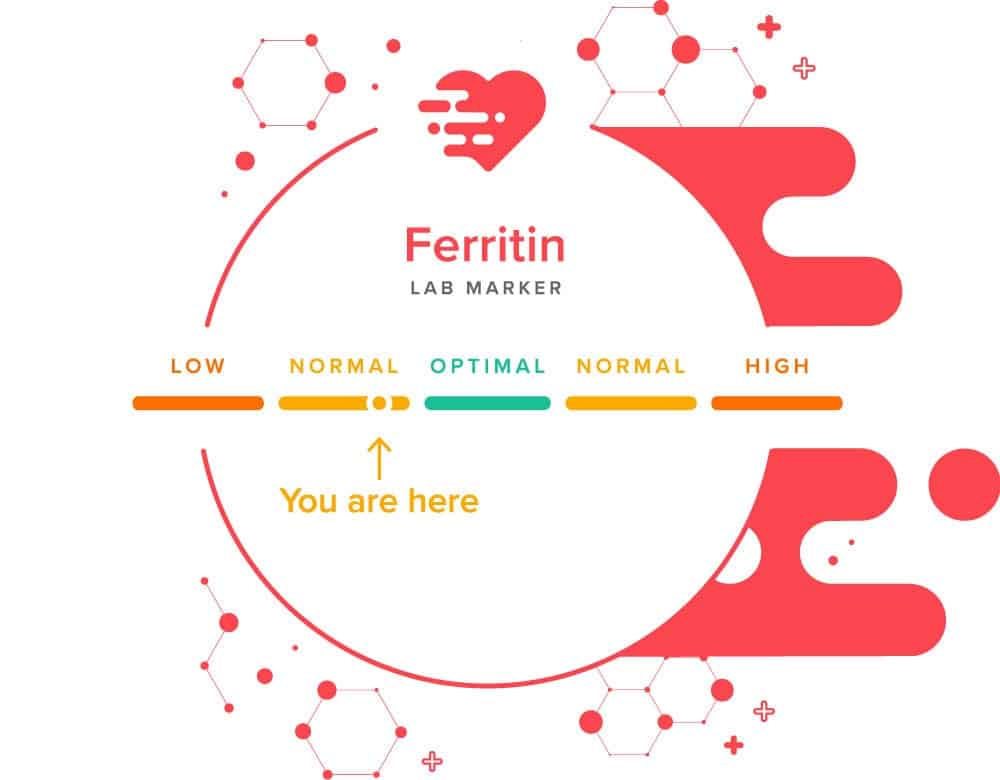If my doctor tells me my results are normal, does it mean I’m healthy?
Not exactly. Normal lab ranges are values that 95% of a population falls into. The reference ranges are established using statistical methods.
The lab uses the numbers from all tests to model a Normal or Log-Normal distribution. Then, whatever is the middle 95 percent is considered “normal” or “inside of reference ranges.”
The question is, does the study of statistics have anything to do with health?
Not if most people in the dataset who get these blood tests are sick. When you are “in reference range,” you are either well or among the sick people.
So a large chunk of lab tests with values in the normal range can still be associated with an increased risk of mortality and certain diseases.

The optimal ranges are often identified from large studies, where there are enough healthy people to see a distribution of numbers.
Many people shrug off their lab test results once they hear, “Your results are normal”.
But, there is a growing number of people who still wonder if there may be something missing. The truth is that in many cases, the recommended, optimal, or healthy lab test ranges are very different from the reference ranges.
So, it’s technically much more difficult to determine healthy lab test ranges.
The optimal ranges are often identified from large studies, where there are enough healthy people to see a distribution of numbers. If these are also longitudinal studies where the researchers track the risks of the participants developing certain diseases or the potential of dying from certain causes, then they might also be able to tell the optimal ranges for preventing those diseases as well.
Sometimes, it might be possible to identify optimal ranges through an advanced understanding of physiology or biochemistry, such as the kinetics of certain molecules.
This is one of the reasons doctors know that lab tests should be taken with a grain of salt because there are going to be times that none of the lab tests actually make any sense at all. Doctors must then use their clinical skills, experience, and sometimes wild guesses to help their patients based on other data. You are a whole person, not a set of numbers, after all.
Luckily, getting your levels in the optimal range isn’t a mystery with today’s technology. SelfDecode actually has a great tool for this – Lab Test Analyzer!
What is Lab Test Analyzer?
Lab Test Analyzer is a web app that makes health recommendations based on our analysis of your lab results. It gives simplified information about your labs, as well as what the optimal ranges are – and steps you can take to get into the optimal range if you’re not there.
When you upload your lab results, you get easy-to-understand information about your lab markers. Lab Test Analyzer also provides prioritized diet, supplement, and lifestyle recommendations based on your labs so you know what next steps to take.
Labs in the ‘normal range’ do not always indicate optimal health. Find out which of your labs are not in the optimal range and how to get them there, and store and track your labs over time with Lab Test Analyzer!





